If the use of a vim plugin suits you, the vimtex plugin has integrated the texcount tool quite nicely.
Here is an excerpt from their documentation:
:VimtexCountLetters Shows the number of letters/characters or words in
:VimtexCountWords the current project or in the selected region. The
count is created with `texcount` through a call on
the main project file similar to: >
texcount -nosub -sum [-letter] -merge -q -1 FILE
<
Note: Default arguments may be controlled with
|g:vimtex_texcount_custom_arg|.
Note: One may access the information through the
function `vimtex#misc#wordcount(opts)`, where
`opts` is a dictionary with the following
keys (defaults indicated): >
'range' : [1, line('$')]
'count_letters' : 0/1
'detailed' : 0
<
If `detailed` is 0, then it only returns the
total count. This makes it possible to use for
e.g. statusline functions. If the `opts` dict
is not passed, then the defaults are assumed.
*VimtexCountLetters!*
*VimtexCountWords!*
:VimtexCountLetters! Similar to |VimtexCountLetters|/|VimtexCountWords|, but
:VimtexCountWords! show separate reports for included files. I.e.
presents the result of: >
texcount -nosub -sum [-letter] -inc FILE
<
*VimtexImapsList*
*<plug>(vimtex-imaps-list)*
The nice part about this is how extensible it is. On top of counting the number of words in your current file, you can make a visual selection (say two or three paragraphs) and then only apply the command to your selection.
